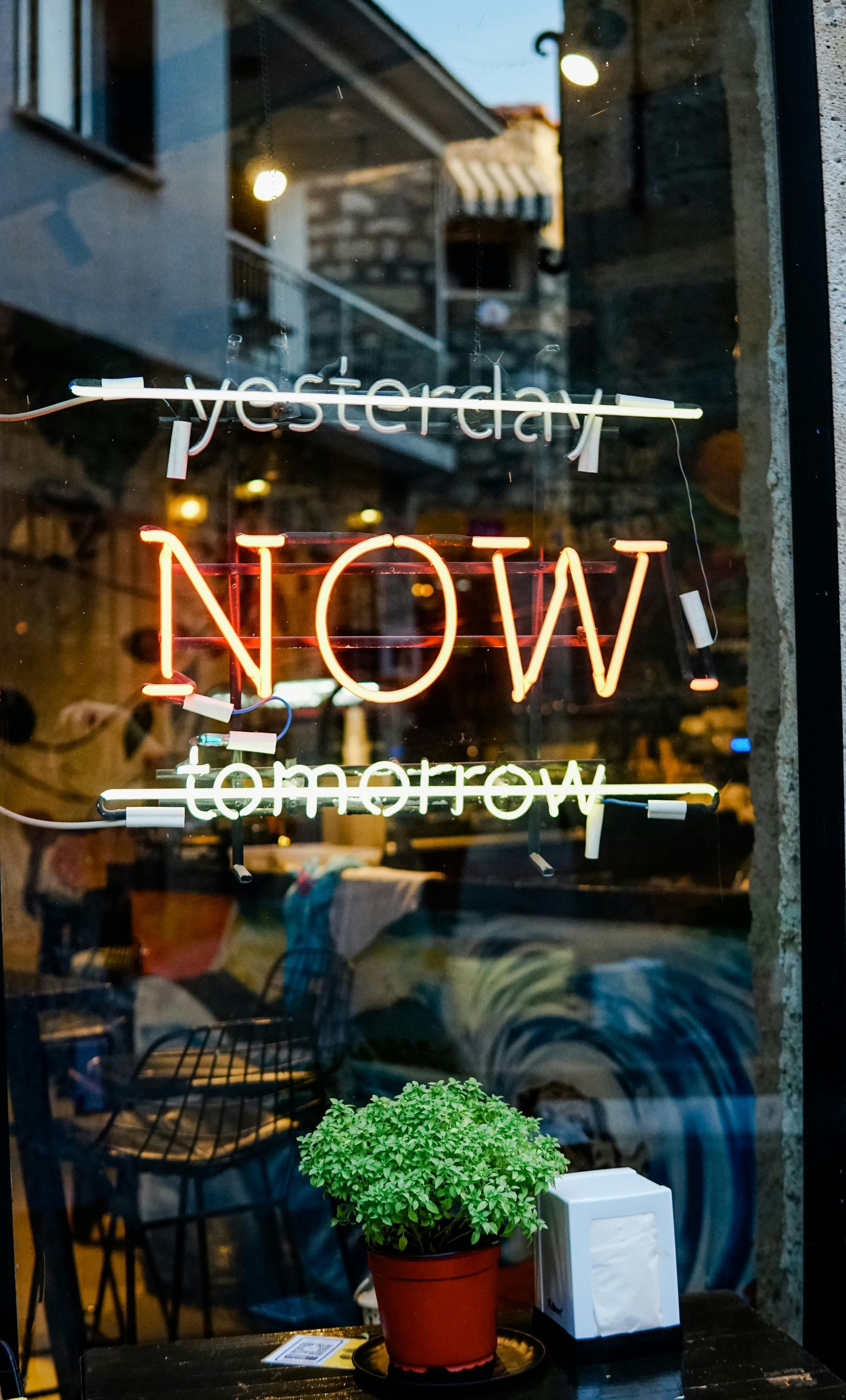Sparking smarter intergenerational conversations

Is a multigenerational workforce an opportunity or a threat? It might be up to HR.
Research is clear on this: it depends on how that age diversity is managed and the workplace culture that surrounds it. Really. That is the linchpin on all of this, which means it’s entirely up to your organization to do what it takes to turn what most see as frustration into an incredibly valuable human capital asset.











